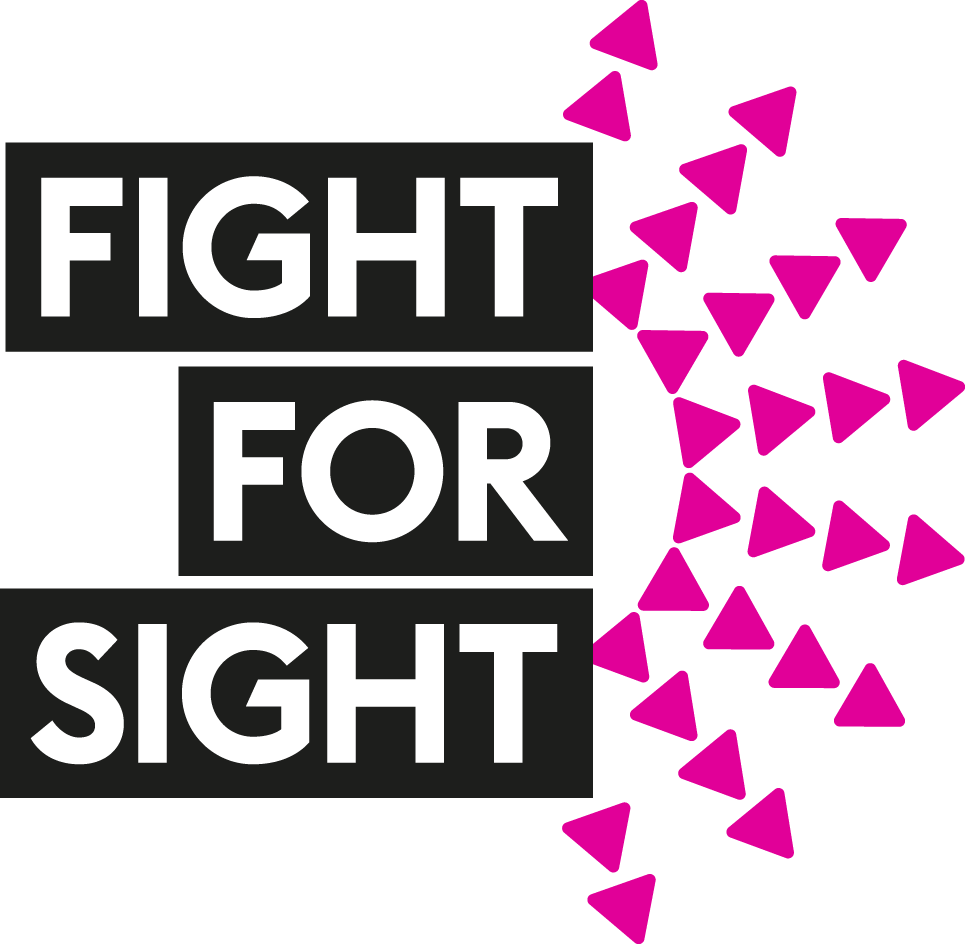
Participants' views
Patients and eye health professionals talk about why they took part and give their views on the benefits and importance of The Sight Loss and Vision Priority Setting project:
Patient views
David Hypher
David, 72, was diagnosed with ischemic optic neuropathy which damaged the sight in his right eye and slightly in his left one in 2004. He attended the neuro-ophthalmology workshop and said:
“I know first-hand the devastating impact sight loss can have on your life. I have been on medication to improve blood circulation and whilst there have been some slight improvements I’m still unable to drive and day to day activities can be difficult, especially reading, typing and writing.
“Currently there isn’t a cure and this is just one of many eye conditions – so it’s evident that more funds need to be invested to prevent more people losing their sight. With the success in stem cell treatment to cure some eye conditions being carried out. I’m sure a cure can be found for those living with my condition.”
Tina Roberts
Tina Roberts’ daughter Rose, nine, was diagnosed with Stargardt macular dystrophy, an inherited condition, two years ago. Rose, who has since lost her central vision and can only see objects close up, has helped to raise vital funds for research into the condition. Tina said:
“When we first received the news of Rose we were of course devastated at the thought of her losing her sight. We can’t fault the professional care that we have received – however we are still a long way off finding the cure. That’s why it’s so important for more research to be carried out to help prevent others losing their sight.”
Maureen Hart
Maureen, a glaucoma patient who attended the glaucoma workshop said:
“When I was diagnosed it was such a shock that I panicked thinking I would go blind in a matter of weeks, not knowing anything about the condition. I’ve since had two trabeculectomy operations and I am hoping this will hold back the progression.
“I was privileged to attend the glaucoma workshop. I have found out so much about all the research work that is being done in all areas of eye disease, including my condition, and I’m sure that with funding made available, many of these conditions will be able to prevented and cured in the future.”
Emma Salisbury
Emma Salisbury whose son Tommy, 13, was diagnosed with choroideremia, a rare inherited eye condition which affects 50,000 people worldwide and causes progressive loss of vision aged five.
Following the diagnosis Emma set up the Tommy Salisbury Choroideremia Fund at Fight for Sight and the family have tirelessly fundraised to find a cure. To date they have raised over £300,000. As a direct result of their fundraising efforts research into gene therapy was started in the UK and the first clinical trial into this condition is now being carried out.
Emma was involved with the process of the Sight Loss and Vision Priority Setting Partnership report and she attended the inherited retinal disease workshop to give her views. She said:
“To witness your son losing his sight is heart-breaking but I didn’t want to sit back and wait for Tommy to lose his sight. We knew the importance of research and wanted to make a difference. It has been an incredible journey to this point where we can see what our fundraising efforts have achieved.”
Eye health professionals' views
Francesca Marchetti
Francesca Marchetti, a self-employed Optometrist, who is currently chair of National Eye Health Week and has been involved with the Sight Loss and Vision Priority Setting Partnership attended the Refractive Error and Ocular Motility workshop. She said:
“Whilst eye research has improved dramatically over the past few decades there are still 100 people in the UK who start to lose their sight every day. With limited resources available, it’s crucial that those closest to eye conditions have their say in prioritising medical research into the prevention, diagnosis and treatment of eye disease.
“For the first time, the Sight Loss and Vision Survey has allowed me and others in the eye industry, along with patients, relatives and carers have our say.”
Alistair Fielder
Alistair Fielder, Professor Emeritus of Ophthalmology at City University, London and is Honorary Consultant Ophthalmologist at St Mary’s and Hillingdon Hospitals, London said:
“To date the research undertaken has been what is thought to be important by researchers and universities so it was great to sit down with patients and tease out what research is needed to actually help people. At last a real team effort with the patient having a say in the research for the future.”
Adam Mapani
Adam Mapani, 34, is an Advanced Ophthalmic Nurse Specialist at Moorfields Eye Hospital and has been involved with the Sight Loss and Vision Priority Setting Partnership and attended the Retinal Vascular Disease workshop said:
“Ophthalmology speciality in the 21st century has been characterised by impressive and inventive research, giving rise to improved quality of life in some patients with various ocular problems. However, the number of patients experiencing and suffering from visual impairment remains on the increase. Emerging therapies although effective, are not of benefit to everyone.
“The Sight Loss and Vision Priority Setting Partnership has taken the initiative in exploring various gaps in eye research which aim towards major improvements in eye care management. They have also provided me an opportunity to share experiences and knowledge alongside various ophthalmic disciplines and most important patients, relatives, carers living with eye related problems.”

